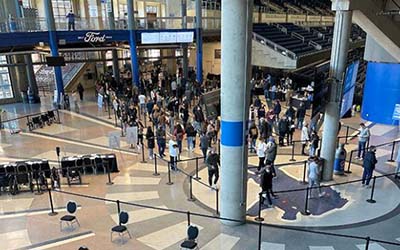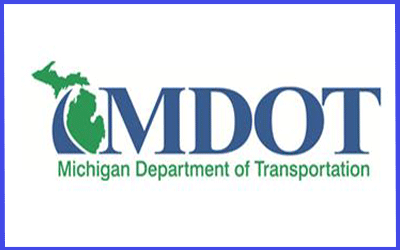
Unemployment Benefits program ends April 17
Unemployment Extended Benefits program ends April 17
April 14, 2021
Media Contact: Lynda Robinson, 313-348-8220
Due to the State of Michigan’s lower unemployment rate, the U.S. Department of Labor notified the Michigan Unemployment Insurance Agency to confirm that our state’s Extended Benefits (EB) program will no longer be payable after the week ending April 17, 2021. Extended Benefits are available when a Michigan’s total unemployment rate averages 6.5% or higher for three consecutive months.
The EB program goes into effect when the unemployment rate is high and provides an additional 13-20 weeks of benefits for those who have exhausted their regular unemployment benefits and other extension programs.
“Fortunately, with the federal extensions that were implemented on March 27, claimants who were on the Extended Benefits program most likely will be able to receive benefits through other federal programs such as Pandemic Emergency Unemployment Compensation (PEUC) or Pandemic Unemployment Assistance (PUA), said Liza Estlund Olson, acting director of the Unemployment Insurance Agency.
Michigan has paid approximately $419M in Extended Benefits since high unemployment rates triggered the Extended Benefits program. The Agency has begun notifying the 16,000 claimants currently receiving Extended Benefits to ensure they are aware that the week ending April 17, 2021, is the last payable week for these benefits.
If a claimant who was receiving Extended Benefits cannot establish a new, regular claim, or is not entitled to PEUC or PUA benefits, the claimant is no longer eligible to receive unemployment benefits.
Other state assistance programs are available for Michiganders who need assistance with making ends meet. Through the Michigan Department of Health and Human Services, claimants can apply for healthcare coverage, food and cash assistance and other assistance program as well as find other helpful state and local resources through the MI Bridges.
Michiganders looking for employment are encouraged to visit Pure Michigan Talent Connect at MiTalent.org for a listing of more than 77,000 available jobs. The Michigan Works! system has service centers across Michigan with free job search resources including workshops, virtual job fairs, or career exploration and training. Call 800-285-WORKS (9675) or go online to MichiganWorks.org.



 NOTE: This is an updated version of the Showcasing the DNR story issued earlier this morning. This version clarifies some details related to the rollout of the mass vaccine operation.
NOTE: This is an updated version of the Showcasing the DNR story issued earlier this morning. This version clarifies some details related to the rollout of the mass vaccine operation. “We organize everything so people can function in the roles they need to function in,” said Jennifer Burnham, a DNR forester who has a decade of experience on incident management teams. She’s in planning, which means daily briefings about what’s going on and what’s happening next, as well as overseeing mapping and tracking of resources.
“We organize everything so people can function in the roles they need to function in,” said Jennifer Burnham, a DNR forester who has a decade of experience on incident management teams. She’s in planning, which means daily briefings about what’s going on and what’s happening next, as well as overseeing mapping and tracking of resources.
 “It is amazing how, if we follow the process, we can tackle any type of incident,” he said.
“It is amazing how, if we follow the process, we can tackle any type of incident,” he said.





